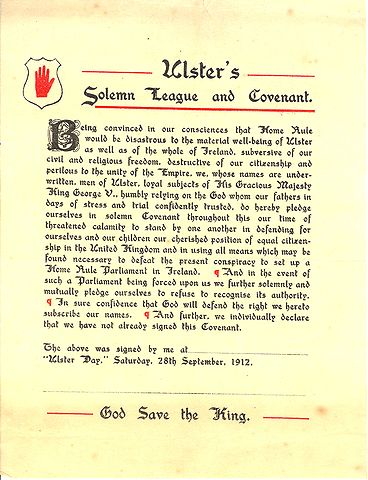Covenant vs Contract
At first glance, the difference between Covenant and Contract may not be immediately apparent. Both terms are often interpreted as a promise between two or more parties, which further blurs the distinction between them. The term “contract” is more commonly used in everyday conversations, while “covenant” is less familiar. To understand the difference between these terms, it’s essential to examine their definitions closely.
What is a Covenant?
A covenant is an agreement or written promise between two or more parties that involves a commitment to do or refrain from doing something. An agreement requiring the performance of some act is called an “affirmative covenant,” while an agreement that restricts or prevents a person from performing something is referred to as a “negative covenant.” In this sense, a covenant is a type of contract and falls under the umbrella of contracts in general. The person making the pledge or promise is known as the covenantor, and the person to whom the promise is made is called the covenantee. Covenants can also be included in a contract, forming part of the contract itself. In some cases, it may constitute a specific condition in a contract, such as covenants or pledges included in contracts of sale or deeds of real property.
Covenants can take various forms, such as mutual covenants where both parties agree to perform something simultaneously, dependent covenants, or independent covenants. In law, the concept of a covenant is frequently used in relation to real property, particularly concerning land and its use. These are also known as real covenants, which are conditions attached to the deed of a property. Real covenants can be further categorized into covenants running with the land and covenants for title. Covenants running with the land typically restrict or stipulate the use of the land, while covenants for title provide the new owner of the land with specific protection measures or benefits, ensuring quiet possession and protection from outside claims, rights, or burdens.
What is a Contract?
A contract is an oral or written promise that is legally enforceable. It is defined in law as a voluntary agreement between two or more parties who intend to create legal obligations, in which there is a promise to perform some work or service for valuable consideration or benefit. Contracts are common in dealings between businesses, corporations, banks, landowners, and other transactions. However, a written or oral promise between two parties to perform something is not enough to constitute a legal contract. For a contract to be valid in law, it must include certain elements: an offer and acceptance of that offer, an intention to create legal relations between the parties, an agreement made for valuable consideration such as payment, the parties’ legal capacity to enter into the contract, and the contract’s object or subject matter must be legal.
Contracts can take various forms, and their structure depends on the contract’s nature and the parties involved. Examples of contracts include agreements to provide a service or exchange specific goods.
What is the difference between Covenant and Contract?
The difference between covenant and contract is evident when examining their definitions closely. A contract refers to a legally binding agreement or promise made between two or more parties, while a covenant is a type of contract.
Key Takeaways
- A covenant is an agreement or written promise between two or more parties that involves a commitment to do or refrain from doing something, and can be included as part of a contract.
- A contract is a voluntary agreement between two or more parties who intend to create legal obligations, in which there is a promise to perform some work or service for valuable consideration or benefit, and is enforceable by law.
- While both covenants and contracts involve promises between parties, a covenant is a specific type of contract, often used in relation to real property and land use.
